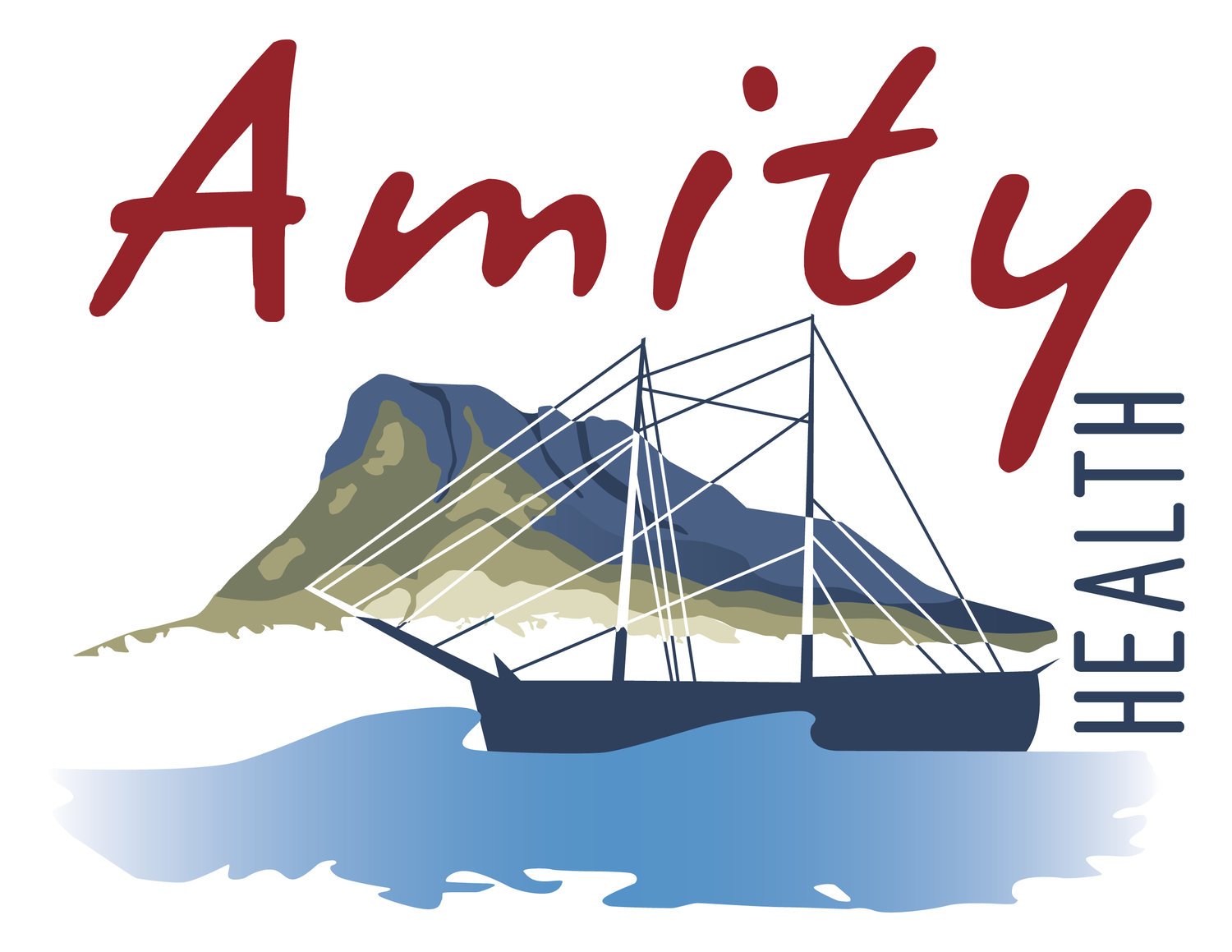AGED CARE
ALLIED HEALTH SERVICES IN AGED CARE
Aged care refers to older people who can no longer live independently or they need help to stay in their homes. People in aged care often face many challenges and our team at Amity Health can help to support these valued members of our community.
For many years we have provided quality aged care services in Albany and the Great Southern.
We partner with a number of residential aged care facilities providing Dietetics, Speech Pathology and in some cases Occupational Therapy services. We also partner with organisations such as Clarence Estate and Silver Chain to provide these services under home care packages.
Under our Fee for Service model, Amity Health can assist you or an older person you know, with their dietary needs, communication and activities of daily living.
All Healthcare Card holders are bulk-billed.
-
Through the various stages of our adult lives, it's important to maintain a healthy diet and good eating habits. For many and varied reasons this can often be a challenge. Please contact us on 9842 2797 should you or someone you know need to access this service in Albany, Denmark or surrounding areas, or visit our referral form library.
-
Our Speech Pathologists can provide a range of services for adults in aged care facilities in Albany, Denmark and surrounding areas, with communication and swallowing difficulties. Please contact us on 9842 2797 for further information or visit our referral form library.
-
Our team of OTs can provide you with a range of services whether you are relatively mobile and active, or reside in an aged care facility. Referrals can come from GPs, the NDIS, through a Home Care Package coordinator, or self-referral. Please contact us 9842 2797 or visit our referral form library.
THE CARE FINDER PROGRAM
At Amity Health, we have a team of care finders in the Great Southern and Wheatbelt regions who help vulnerable older people needing support and assistance to access aged care services and other supports
To receive care finder support, a person must;
have limited access to family support and,
be eligible for government-funded aged care.
YOU MAY BE ELIGIBLE IF YOU:
are aged 65 years or older (50 years or older for Aboriginal people)
are 50 years or older and homeless or at risk of homelessness (45 years of older for Aboriginal people)
have limited access to family support or someone you trust
For further information, please contact us or click the care finder image to the right. Click here to read a recent case study which helps to show the role a care finder can play in the life of someone who needs this support.
MENTAL HEALTH COUNSELLING IN RESIDENTIAL AGED CARE HOMES (CONNECTIONS COUNT PROGRAM)
As we age, we are often faced with challenges and change that can have an impact on our mental health. Through a funded program called ‘Connections Count’, we provide mental health counselling, at no cost to the client, for those living with mild to moderate mental health issues at various Residential Aged Care Homes (RACH) throughout the Great Southern, Midwest, South West and Wheatbelt regions.
ELIGIBILITY CRITERIA
Firstly, it's a good idea to speak with your, or your family member's, GP and/or RACH staff member
you or your family member must be a resident of a RACH in the Great Southern, Midwest, South West or Wheatbelt
you or your family member must be at risk of mild to moderate mental illness
a diagnosed mental illness, with mild to moderate symptoms of a common mental illness is required (excluding: dementia, delirium and severe, persistent and complex mental illness)
WHICH RESIDENTIAL AGED CARE HOME SITES IS THIS PROGRAM AVAILABLE TO?
ALBANY CONNECTED COMMUNITIES PROJECT (ACCP)
The ACCP supports those living in Albany (postcode 6330), with unmet social needs who are:
over 18 years of age and/or,
living with a chronic illness and/or,
needing support with lifestyle changes.
The Amity Health Link Team helps people to enjoy life to the fullest by connecting them with the support they need.
Many older adults face challenges such as financial strain, social isolation, food insecurity, transportation issues, low health literacy, unstable or insecure housing and inadequate employment. By connecting program participants to the right support services, we aim to help them to lead a healthier and happier life.




